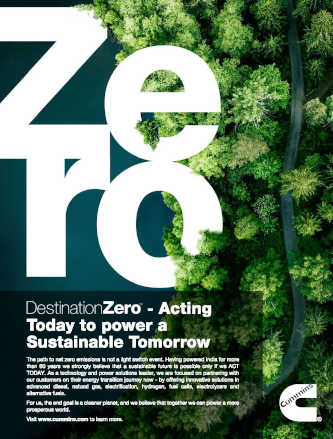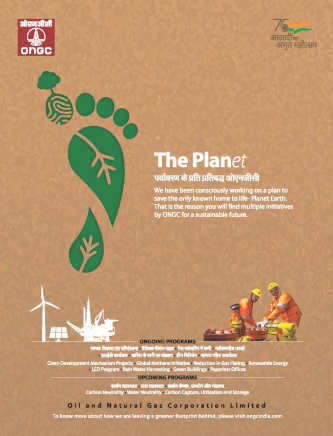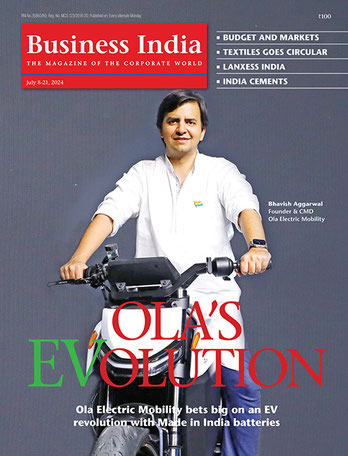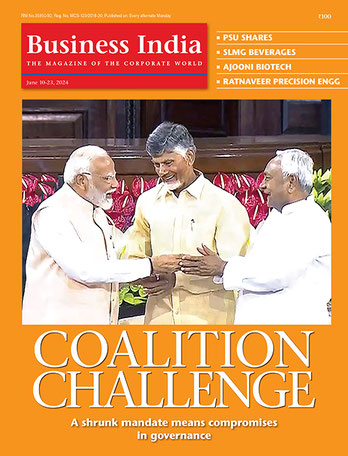On 30 May 2021, in a major Cabinet reshuffle, the largest in his seven-year tenure, Prime Minister Narendra Modi shelved 12 ministers. One of these, Prakash Javadekar, was environment minister whose two-year long term was extremely controversial, marked as it was by swift clearances of industrial projects, legislations that critics said weakened the country’s environmental regulations. Young people who are part of the climate change movement also regularly criticised him. Many observers were surprised by his departure, believing that his decisions mirrored the Prime Minister's Office's interests. The appointment of his successor, Bhupender Yadav, a Rajya Sabha member from Rajasthan and a lawyer who is acquainted with environmental issues, created even more consternation in environmental circles. Yadav and Ritwick Dutta, one of the country's most distinguished environmental lawyers, co-authored the book Super Court on Forest Conservation. This was published in 2011, and examines how the Supreme Court dealt with issues concerning India's forest administration framework. On the thorny subject of encroachment within National Parks and Wildlife Sanctuaries, Yadav and Dutta observe: “There is a lack of political will.” A record of active engagement Yadav has a track record of active participation in his field and his appointment was greeted with optimism by several environmental activists and lawyers. Manoj Mishra, who founded Yamuna Jiye Abhiyan, a non-profit organisation focused on water and river concerns in India. “This is a really positive gesture, and the most significant thing is that the person in charge of the ministry has changed,” said Manoj Mishra, is of the opinion that this is a positive gesture and that the most significant thing is that the person in charge of the ministry has been replaced. “You can't have a more thorough individual in the environment ministry,” said Ritwick Dutta, who has led high-profile public interest litigation in the Supreme Court, including the challenge to Madhya Pradesh's Ken-Betwa river linking project. Dutta describes Yadav as down-to-earth and empathetic. His engagement in a variety of environmental concerns, including compensatory afforestation, wetland development, genetically modified crops, and improvements to India's mining legislation, was noted by him. Yadav was on the legislative committee that investigated the Mines and Minerals Development and Regulation Amendment Act of 2015, which was passed in 2015. As the mining industry often violates environmental standards, the committee emphasised the significance of authorising mining only with an approved mining plan coupled with a mining closure plan.
-
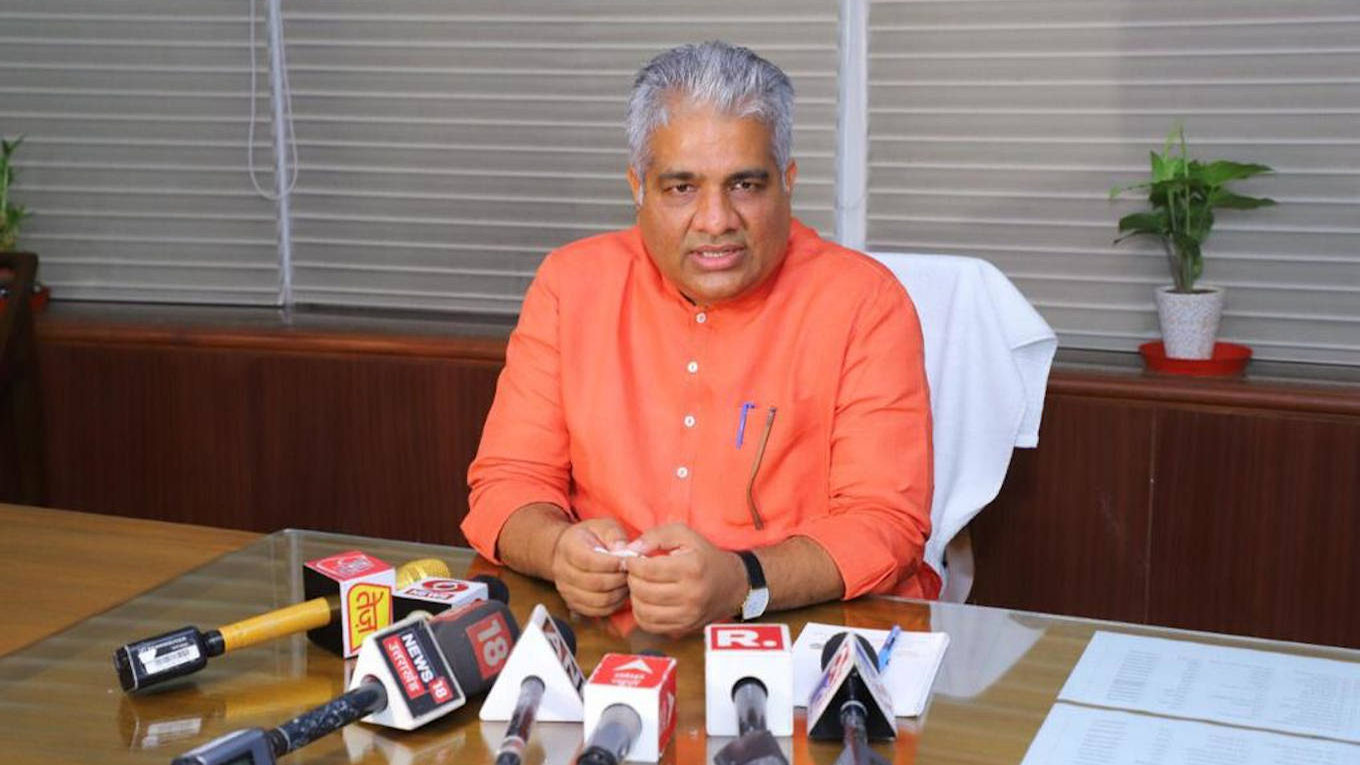
Yadav: down to earth and empathetic; Photo: PIB


